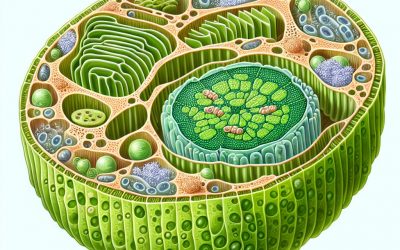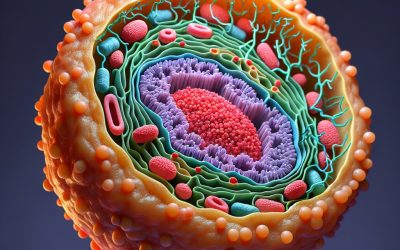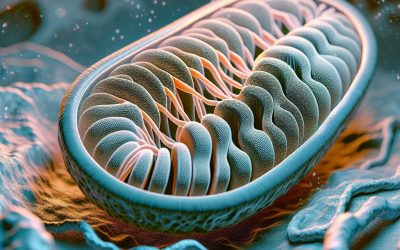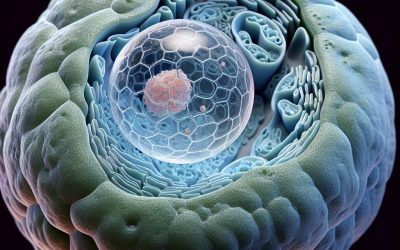Biology (from the Latin ‘bios’ meaning life and ‘logia’ meaning study of) is the study of all organisms and all aspects of their life-cycles.
Biology
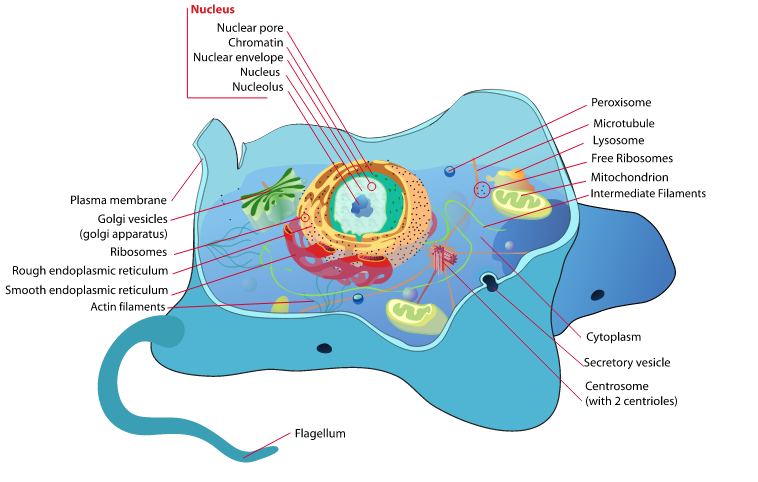
Biology (from the Latin ‘bios’ meaning life and ‘logia’ meaning study of) is the study of all organisms and all aspects of their life-cycles. The subject of Biology, as we know it today, was born in the nineteenth century along with physics, chemistry and the scientific method. Before then ‘Natural Philosophy’ which was the study of nature and the physical universe, included biology, chemistry and physics.
Natural Philosophy The study of our natural world is known to date back to the time of Mesopotamia around 3,100 BC but as this was the beginning of written historic record the study probably existed long before this time. Modern Biology The first great development of modern biology came from Charles Darwin, who is often referred to as the father of modern biology. Although known for his work ‘On the Origin of Species’ (published in 1859), Darwin produced nineteen additional publications, wrote hundreds of scientific papers and fourteen thousand letters, all of which laid the foundations for Biology as a subject we recognise today. Although he did not invent the theory of evolution, he certainly made the idea more accessible to the world. His theory was evolution by natural selection; where by an organism with a mutation may be better adapted to certain environmental changes and therefore improve their chance of survival. This means the organism with the useful mutation is more likely to survive, reproduce and hopefully pass on the useful mutation. Overtime species are able to adapt to the world around them and this process gave the Galapagos Islands (and the world) the rich diversity of its inhabitants. Deoxyribonucleic acid or DNA was first discovered in 1869 but its role was not known at the time. It was in 1943 that it was discovered that it is DNA that is responsible for programming the genetic makeup of organisms and passing on the mutations Darwin had discovered. This new understanding of how amino acids are programmed on a cellular level to make up various parts of the organism was a huge leap forward but new profound discoveries are being made everyday in the field of biology.
Discovering the Fascinating World of Artiodactyla: From Pigs to Giraffes
Artiodactyla is a scientific order that includes even-toed ungulates, or animals with an even number of toes on each foot. This diverse group of mammals includes species such as deer, pigs, giraffes, and camels. Artiodactyls play a crucial role in the ecosystem as...
The Importance of Understanding the Plant Cell Wall: Exploring Its Structure and Function
The plant cell wall is a complex structure that surrounds and protects plant cells. It is composed of various components, including cellulose, pectin, hemicellulose, and lignin. Understanding the plant cell wall is crucial for understanding plant growth and...
Unleashing the Power of Chloroplast: The Key to Sustainable Agriculture
Chloroplasts are essential organelles found in plant cells that play a crucial role in plant growth and development. These green structures are responsible for photosynthesis, the process by which plants convert sunlight into energy. Chloroplasts contain chlorophyll,...
Exploring the Fascinating World of Plant Cells: Unveiling Their Unique Characteristics
Plant cells are the basic structural and functional units of plants. They are eukaryotic cells, meaning they have a nucleus and other membrane-bound organelles. Plant cells are vital to the ecosystem as they are responsible for the growth, development, and...
The Fascinating World of Plant Cells: Exploring the Building Blocks of Life
Plant cells are the building blocks of life on Earth. They are the fundamental units of structure and function in plants, and they play a crucial role in the ecosystem. Plant cells are responsible for photosynthesis, which is the process by which plants convert...
Exploring the Mighty Lysosome: The Unsung Hero of Cellular Waste Management
Lysosomes are membrane-bound organelles found in animal cells that play a crucial role in cellular waste management and recycling. They were first discovered by Belgian cytologist Christian de Duve in the 1950s, who coined the term “lysosome” to describe...
Exploring the Fascinating World of Animal Cells: Uncovering their Unique Characteristics
Animal cells are the basic building blocks of all living organisms in the animal kingdom. They are eukaryotic cells, meaning they have a true nucleus and membrane-bound organelles. Animal cells are essential for the survival and functioning of living organisms. They...
Unveiling the Fascinating World of Animal Cells: Exploring Their Structure and Functions
Animal cells are the basic building blocks of all living organisms in the animal kingdom. They are eukaryotic cells, meaning they have a true nucleus and membrane-bound organelles. Animal cells play a vital role in biology and medicine as they are the foundation of...
The Powerhouse of the Cell: A Closer Look at Mitochondria
Mitochondria are often referred to as the “powerhouse of the cell” due to their crucial role in cellular function. These small, double-membraned organelles are found in the cytoplasm of eukaryotic cells and are responsible for producing the majority of the...
The Mighty Vacuole: Understanding the Importance of this Cellular Organelle
The vacuole is a vital organelle found in the cells of both plants and animals. It is a membrane-bound structure that plays a crucial role in cellular biology. The term “vacuole” comes from the Latin word “vacuus,” meaning empty, as early...
The Intricate Functions of the Golgi Apparatus: Understanding the Hub of Cellular Transport
The Golgi apparatus is a vital organelle found in eukaryotic cells that plays a crucial role in cellular transport. Named after its discoverer, Italian physician Camillo Golgi, this organelle is responsible for sorting, modifying, and packaging proteins and lipids for...
Smooth Sailing: Exploring the Functions and Importance of the Endoplasmic Reticulum
The endoplasmic reticulum (ER) is a complex network of membranous tubules and sacs that are found in eukaryotic cells. It is one of the most important organelles in the cell, playing a crucial role in various cellular processes. The ER is involved in protein...


